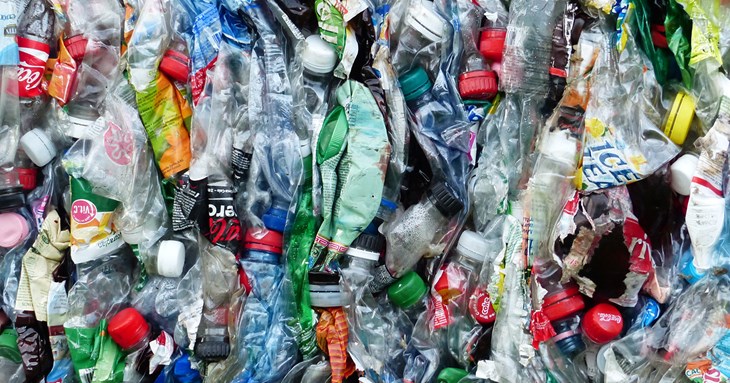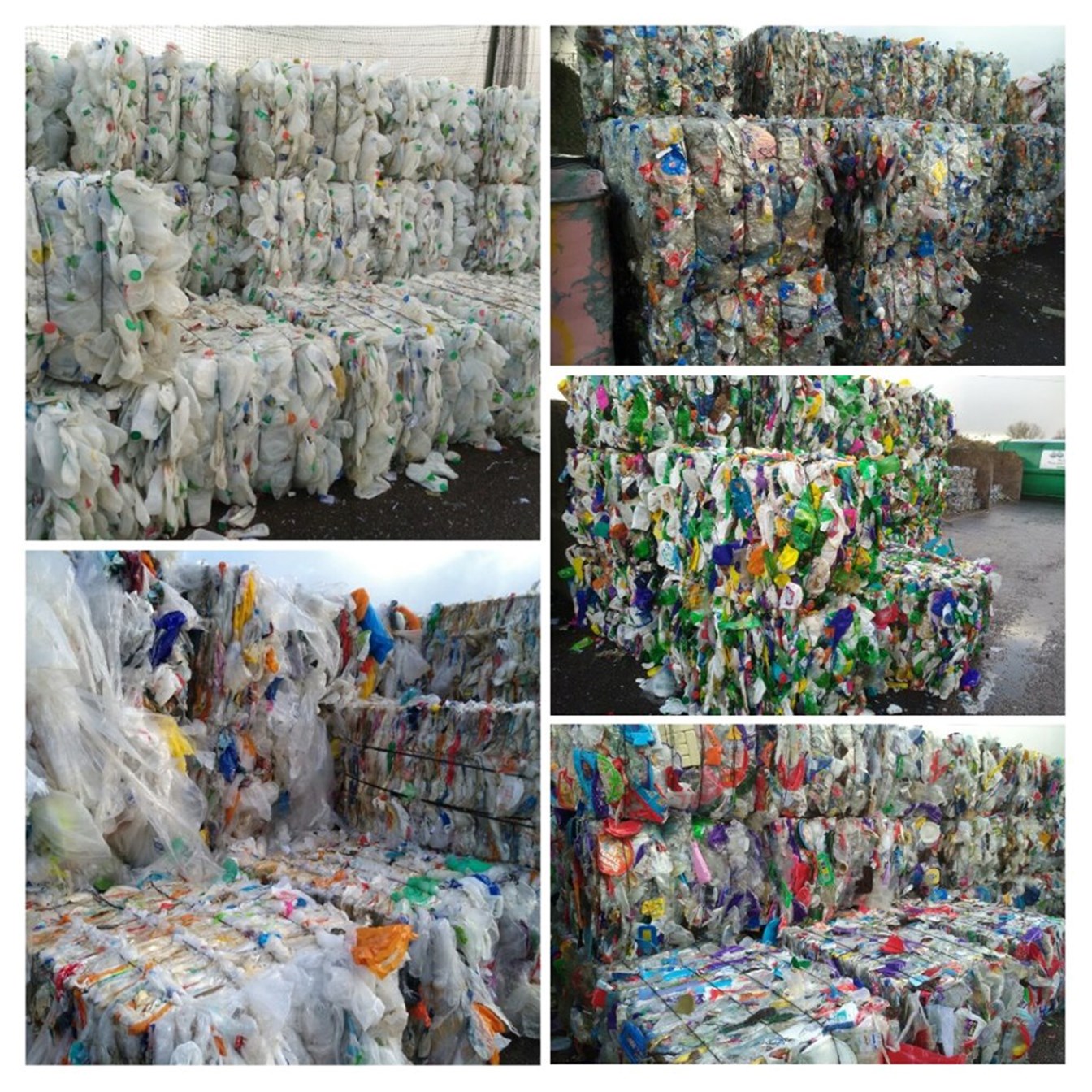What happens to recycled plastic in Exeter?
Published: 14 June 2019

Our recycling officers have been asked a lot of questions on their Facebook page Denis the Dustcart in the wake of Hugh’s War on Plastic programme and people have appreciated the response that's been posted.
So we would like to reassure you all about the plastic you put in your green bins in Exeter.
Does Exeter send its plastic to Malaysia? No.
Did we ever send it to China before their ban? No.
The plastic we produce from our plant is very high quality – high enough that it actually attracts bidders. We sort it into six streams: milk bottles, clear plastic bottles, coloured plastic bottles, pots/tubs/trays, film/bags and oversized items (drums, marine crates, etc.).
The plastic shipped from the UK that ends up in holes in the ground in Far East countries is poorer quality mixed plastic – i.e. plastic that hasn’t been sorted before being sold.
We sell our plastic to reprocessors in the UK and the EU, who flake it or pelletise it or turn it into sheets to be turned into quality new products. Our buyers pay a premium for our product, such is its quality.
If you present a good enough product from the local authority and the reprocessor has paid a premium for it, are they then likely to mislead us and ship the processed materials to a field or hole in the ground?
The answer is no, of course not.
Yes the flake, pellet or sheet may end up in China producing goods to be shipped world-wide for purchasing, but that’s just global economics. It isn’t the same thing as shipping unprocessed material to a reprocessor in the Far East that can’t then sort it or make use of it; our plastic will have already been processed by the time it might arrive there.
The closer we can get material to manufacturing, the less sorting is required after selling it and the less likely it is to simply get dumped.
We have worked hard to gain a good reputation for selling an excellent product and consequently our product is renowned for its high quality. With the hugely appreciated collective effort of Exeter residents and our committed staff we are best placed to continue to ensure it gets properly recycled.
We are actually working with other authorities in the region that struggle to move their plastics on. We are able to sort their plastic effectively and sell it on through our channels. Exeter also benefits economically from the sale of the material.
We are working with the Dairy Roadmap to get our milk bottles recycled directly back into milk bottles. Our clear plastic bottles become clear plastic bottles.

At the moment, authorities only have to know that a registered buyer has the relevant permits in place. That could be directly or through a broker. That’s it. It’s only through a moral obligation that we at Exeter follow anything further.
We are also playing a very important role in keeping the oceans and beaches in the South West clear of plastic. We established Ocean Recovery Project along with BeachCare (a Keep Britain Tidy programme) and Fathoms Free, a group of volunteer divers and sea conservationists. ORP collects discarded marine and beach plastic and delivers it to Exeter City Council’s Materials Reclamation Facility, where it is sorted, batched up and sent for recycling. Ten tonnes of ORP-collected plastic is making a stage at Glastonbury this year.
Our priorities are as follows:
- To effect behavioural change around consumerism by supporting consumers in making informed choices and reducing their waste
- To raise awareness about manufacturing processes and obligations
- To ensure what material comes out of our recycling collection service is the highest possible quality for selling on
- To follow the supply chain until what we sell on becomes a product and not waste again
